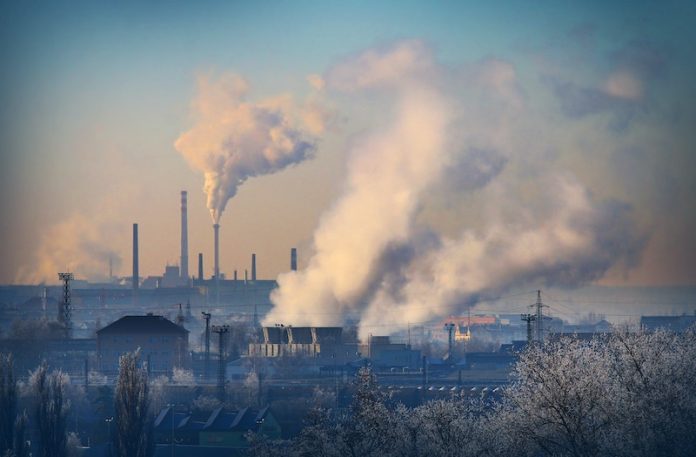
A recent study led by the Harvard T.H. Chan School of Public Health suggests that chronic exposure to fine particulate air pollutants (PM2.5) and nitrogen dioxide (NO2) may increase the risk of non-lung cancers in older adults.
The study, involving millions of Medicare beneficiaries, shows that a 10-year exposure to these pollutants may elevate the risk of developing colorectal and prostate cancers.
Even low-level air pollution exposure may heighten susceptibility to breast, endometrial, and the aforementioned cancers.
The Research and Its Significance
The study, led by Yaguang Wei, was published online in Environmental Epidemiology on August 1, 2023.
Although air pollution is an established risk factor for lung cancer, fewer studies have explored its effects on the risk of prostate, colorectal, and endometrial cancer.
The research team’s nationwide analysis of data collected between 2000 and 2016 from Medicare beneficiaries aged 65 or older provides important insights.
The team created separate cohorts for each type of cancer and looked at cancer risk under the impacts of air pollutants for various subgroups based on factors like age, sex, race/ethnicity, average BMI, and socioeconomic status.
Methodology and Findings
Using a variety of air pollution data sources, the researchers developed a predictive map of PM2.5 and NO2 concentrations across the contiguous U.S.
These concentrations were then linked to the residential ZIP codes of the beneficiaries to estimate individual exposures over a 10-year period.
The findings suggest that chronic PM2.5 and NO2 exposures increased the risk of developing colorectal and prostate cancers. However, these exposures weren’t associated with endometrial cancer risk.
For breast cancer, NO2 exposure seemed to lower risk, while the association with PM2.5 was inconclusive.
The researchers suggested that these mixed results might be due to variations in the chemical composition of PM2.5.
Part 4: Conclusions and Implications
The researchers emphasized that even communities with clean air were not immune to cancer risk.
They found associations between exposure to the two pollutants and the risks of all four cancers even at pollution levels below the updated World Health Organization guidelines, which are lower than current U.S. standards.
“The key message here is that U.S. air pollution standards are inadequate in protecting public health,” said senior author Joel Schwartz, professor of environmental epidemiology.
The study underscores the need for stricter standards to regulate air pollution and protect public health effectively.
Without more rigorous regulations, air pollution will continue to contribute to numerous unnecessary cancer cases annually.
If you care about cancer, please see recent studies about new ways to increase the longevity of cancer survivors, and results showing new ways to supercharge cancer-fighting T cells.
For more information about health, please see recent studies about how drinking milk affects the risks of heart disease and cancer and results showing that vitamin D supplements could strongly reduce cancer death.
The study was published in Environmental Epidemiology.
Follow us on Twitter for more articles about this topic.
Copyright © 2023 Knowridge Science Report. All rights reserved.



